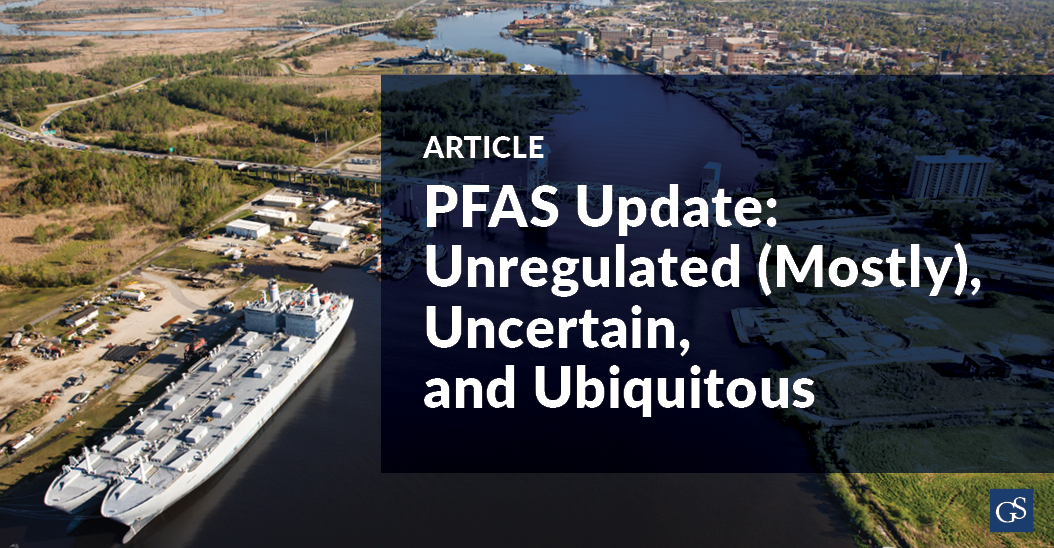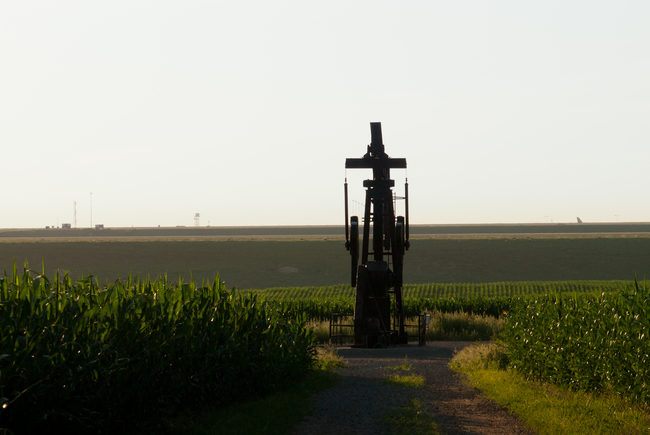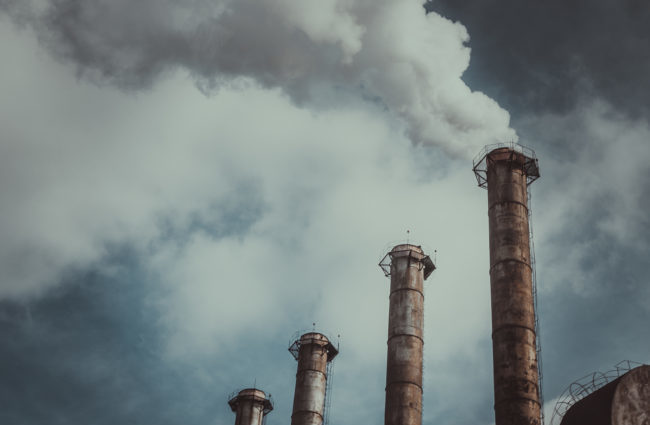As of press time, Hurricane Florence has claimed nearly 40 lives and caused extensive destruction in the hardest-hit areas of North Carolina, South Carolina, and Virginia. Environmental analysts will have their work cut out for them as they attempt to measure the environmental impact of the storm. At present, we have detected three current areas of primary environmental concern — risk to nuclear sites, the spread of coal ash waste, and the flooding of industrial farms.
Nuclear Sites:
The Carolinas are uniquely situated in that …
Continue Reading









